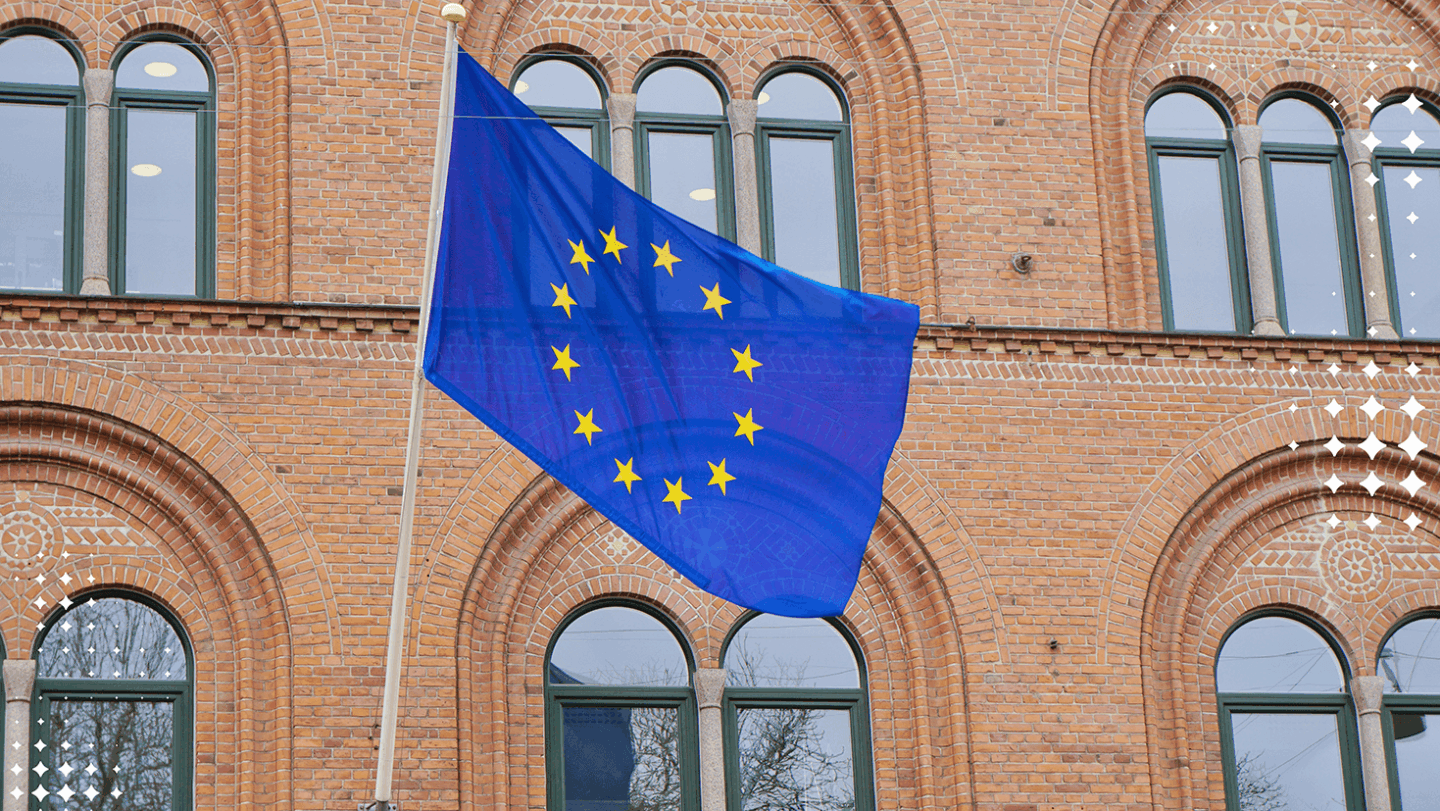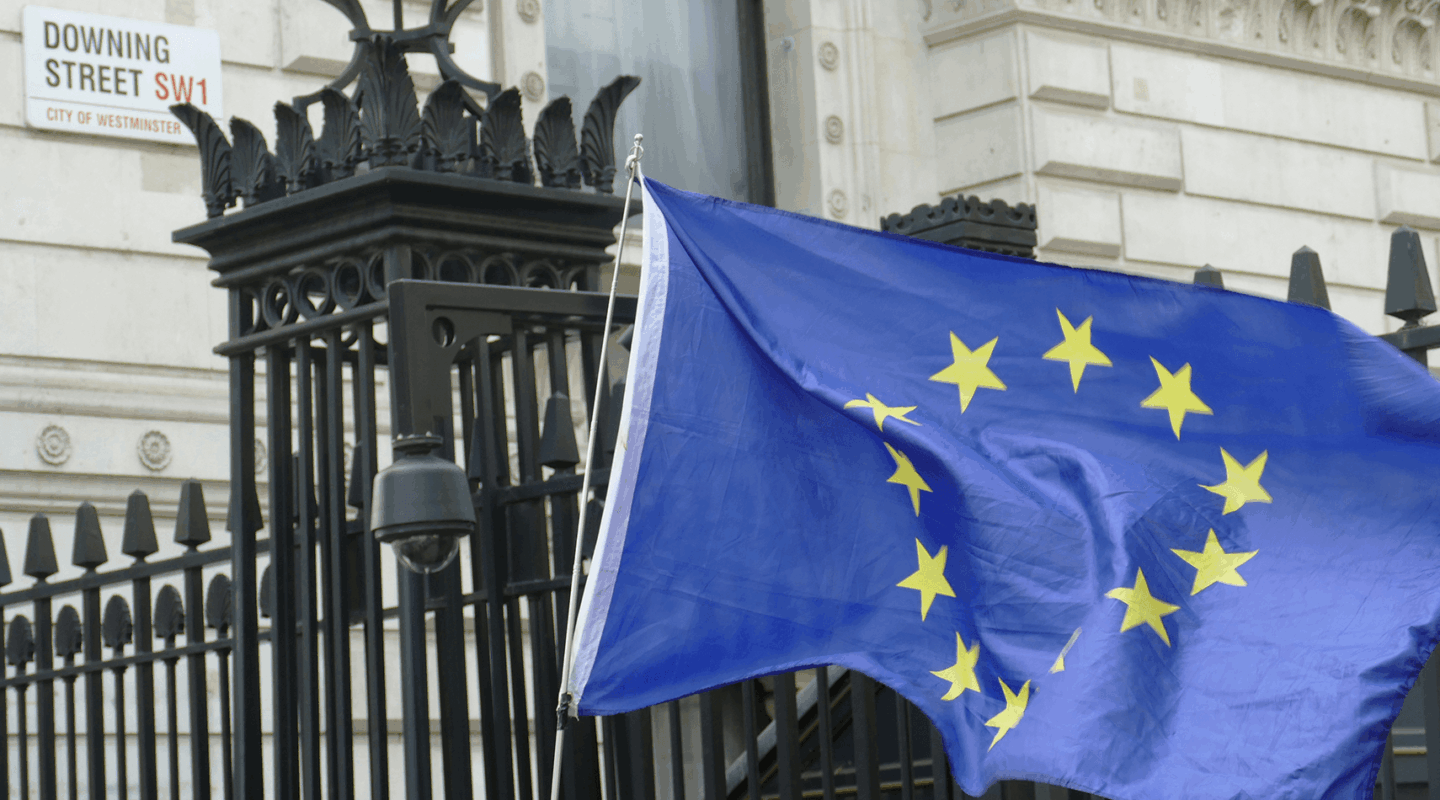Cross-border trade mark agreements in the pharmaceutical world
- IP & Trademarks

In the ever-evolving landscape of pharmaceutical collaborations, a recent deal concluded by Ekuberg Pharma S.r.l sheds light on the importance of meticulous contractual negotiations and regulatory considerations when venturing into cross-border agreements.
This article was originally published in PTMG’s publication Law, Lore & Practice.
A case study of Ekuberg Pharma's licensing and distribution strategy in Asia
The deal centered around trade mark licensing and distribution agreements and underscores the need for companies to adopt a strategic approach when dealing with these matters, especially in countries with particular regulatory frameworks such as China, Hong Kong, Macao, and Taiwan.
Ekuberg Pharma, an esteemed Italian pharmaceutical and dietary supplement manufacturer, had to quickly finalize an agreement to regulate the licensing of the other party’s trade mark within the realm of the launch of new products on the Asian market. In particular, the product packaging displayed both companies’ trade marks, calling for a careful due diligence and management of the rights involved.

A trade mark licensing agreement played a key role, delineating the terms and conditions governing the relationship between the involved parties, namely, Ekuberg Pharma on the one side and the distributor and trade mark rights owner (and its its subsidiary companies) on the other side.
The owner of the Chinese trade mark granted Ekuberg Pharma a non-exclusive, non-transferable license for the use of the trade mark concerning specific products in both the Chinese Mainland and Italy.
The agreement also granted Ekuberg Pharma licenses for Hong Kong, Macau, and Taiwan, with detailed provisions outlined in a separate contract.
However, the deal was not just about contract negotiation and finalisation. It also involved manoeuvring through the complex regulations applicable in the Chinese market. Ekuberg Pharma sought to successfully launch the new products, navigating through the challenges posed by the stringent regulations governing pharmaceutical products.
In response to potential advertising restrictions, Ekuberg set forth a dual trade mark strategy and actively pursued preferential treatment from Chinese authorities in the event of a product removal scenario.
The case revealed uncertainties about the ownership of the various trade mark applications and registrations belonging to the other side’s trade mark portfolio.

In fact, by carrying out in-depth searches, the scenario revealed different owners of the various trade marks in the countries involved and the absence of trade mark protection in certain jurisdictions.
This highlighted the pivotal role of clear communication and meticulous documentation to avert potential disputes and ensure the seamless continuation of the business relationship.
In a broader context, Ekuberg Pharma's experience underscores the indispensable role of thorough due diligence, unambiguous communication, and comprehensive contractual agreements with regard to the complex field of trade mark management in the pharmaceutical world.
As Ekuberg Pharma continues to pilot the complexities of cross-border collaborations, its critical elements of success include understanding regional regulations, securing unambiguous trade mark ownership, and proactively foreseeing potential disputes.
In an industry where regulatory landscapes are diverse and continually evolving, meticulous planning and strategic foresight become imperative for pharmaceutical companies to thrive in international markets.
The deal serves as a compelling illustration of the delicate balance required to negotiate agreements that transcend geographical boundaries, and emphasizes the need for adaptability, clarity, and foresight in the ever-dynamic landscape of international business.
Images: Michał Parzuchowski, Hanny Naibaho and Hal Gatewood on Unsplash



